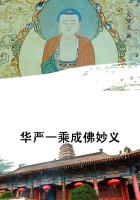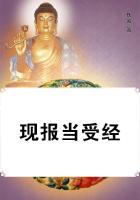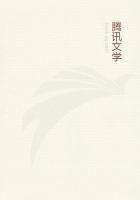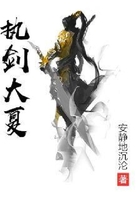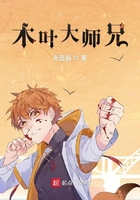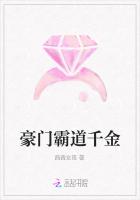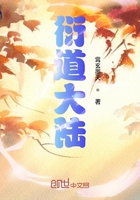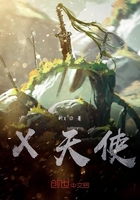Day by day,however,as time passed,David diligently tried to perform the "dos"and avoid the "don'ts";and day by day he came to realize how important weeds and woodboxes were,if he were to conform to what was evidently Farmer Holly's idea of "playing in,tune"in this strange new Orchestra of Life in which he found himself.
But,try as he would,there was yet an unreality about it all,a persistent feeling of uselessness and waste,that would not be set aside.So that,after all,the only part of this strange new life of his that seemed real to him was the time that came after four o'clock each day,when he was released from work.
And how full he filled those hours!There was so much to see,so much to do.For sunny days there were field and stream and pasture land and the whole wide town to explore.For rainy days,if he did not care to go to walk,there was his room with the books in the chimney cupboard.Some of them David had read before,but many of them he had not.One or two were old friends;but not so "Dare Devil ****,"and "The Pirates of Pigeon Cove"(which he found hidden in an obscure corner behind a loose board).Side by side stood "The Lady of the Lake,""Treasure Island,"and "David Copperfield";and coverless and dogeared lay "Robinson Crusoe,""The Arabian Nights,"and "Grimm's Fairy Tales."There were more,many more,and David devoured them all with eager eyes.The good in them he absorbed as he absorbed the sunshine;the evil he cast aside unconsciously--it rolled off,indeed,like the proverbial water from the duck's back.
David hardly knew sometimes which he liked the better,his imaginative adventures between the covers of his books or his real adventures in his daily strolls.True,it was not his mountain home--this place in which he found himself;neither was there anywhere his Silver Lake with its far,far-reaching sky above.More deplorable yet,nowhere was there the dear father he loved so well.But the sun still set in rose and gold,and the sky,though small,still carried the snowy sails of its cloud-boats;while as to his father--his father had told him not to grieve,and David was trying very hard to obey.
With his violin for company David started out each day,unless he elected to stay indoors with his books.Sometimes it was toward the village that he turned his steps;sometimes it was toward the hills back of the town.Whichever way it was,there was always sure to be something waiting at the end for him and his violin to discover,if it was nothing more than a big white rose in bloom,or a squirrel sitting by the roadside.
Very soon,however,David discovered that there was something to be found in his wanderings besides squirrels and roses;and that was--people.In spite of the strangeness of these people,they were wonderfully interesting,David thought.And after that he turned his steps more and more frequently toward the village when four o'clock released him from the day's work.
At first David did not talk much to these people.He shrank sensitively from their bold stares and unpleasantly audible comments.He watched them with round eyes of wonder and interest,however,--when he did not think they were watching him.And in time he came to know not a little about them and about the strange ways in which they passed their time.
There was the greenhouse man.It would be pleasant to spend one's day growing plants and flowers--but not under that hot,stifling glass roof,decided David.Besides,he would not want always to pick and send away the very prettiest ones to the city every morning,as the greenhouse man did.
There was the doctor who rode all day long behind the gray mare,****** sick folks well.David liked him,and mentally vowed that he himself would be a doctor sometime.Still,there was the stage-driver--David was not sure but he would prefer to follow this man's profession for a life-work;for in his,one could still have the ******* of long days in the open,and yet not be saddened by the sight of the sick before they had been made well--which was where the stage-driver had the better of the doctor,in David's opinion.There were the blacksmith and the storekeepers,too,but to these David gave little thought or attention.
Though he might not know what he did want to do,he knew very well what he did not.All of which merely goes to prove that David was still on the lookout for that great work which his father had said was waiting for him out in the world.
Meanwhile David played his violin.If he found a crimson rambler in bloom in a door-yard,he put it into a little melody of pure delight--that a woman in the house behind the rambler heard the music and was cheered at her task,David did not know.If he found a kitten at play in the sunshine,he put it into a riotous abandonment of tumbling turns and trills--that a fretful baby heard and stopped its wailing,David also did not know.And once,just because the sky was blue and the air was sweet,and it was so good to be alive,David lifted his bow and put it all into a rapturous paean of ringing exultation--that a sick man in a darkened chamber above the street lifted his head,drew in his breath,and took suddenly a new lease of life,David still again did not know.All of which merely goes to prove that David had perhaps found his work and was doing it--although yet still again David did not know.
It was in the cemetery one afternoon that David came upon the Lady in Black.She was on her knees putting flowers on a little mound before her.She looked up as David approached.For a moment she gazed wistfully at him;then as if impelled by a hidden force,she spoke.
"Little boy,who are you?"
"I'm David."
"David!David who?Do you live here?I've seen you here before.""Oh,yes,I've been here quite a lot of times."Purposely the boy evaded the questions.David was getting tired of questions--especially these questions.
"And have you--lost one dear to you,little boy?""Lost some one?"
"I mean--is your father or mother--here?"

